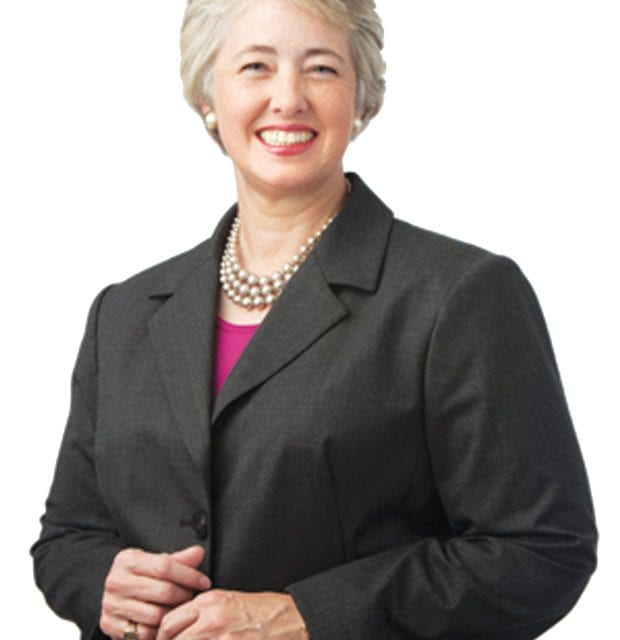After voters repealed a similar ordinance in 1986, Texas’ largest city has been without any employment, housing and public accommodation protections
HOUSTON — In her State of the City address on April 3, Houston Mayor Annise Parker said she would introduce a Human Rights ordinance, but a city council committee hasn’t seen it yet.
“The Houston I know is accepting, tolerant, diverse, inclusive,” Parker said in her speech. “We simply don’t care where you come from, the color of your skin, your age, gender, what physical limitations you may have or who you choose to love.”
Houston is the largest city in the U.S. and the only major city in Texas without some form of local nondiscrimination law.
“It’s time to change that,” Parker said.
Parker said she would send a proposal to committee this month and hoped to have it before the city council by May 7.
While the language is still being finalized, the ordinance would prohibit discrimination based on all federally protected categories plus sexual orientation and gender identity for employment with the city and city contractors, housing and public accommodations.
This week, the Houston GLBT Political Caucus released information from the screening questionnaires for mayor and city council from the
November city election. It included responses to a question about support for a nondiscrimination ordinance. Parker said she would propose an ordinance that included sexual orientation and gender identity in employment, housing and public accommodations with appropriate religious and small business exemptions. Of 16 city council members, 11 said they would vote for the ordinance.
Houston was the first city in the state to pass a nondiscrimination ordinance in 1985 that was later repealed by a popular vote in 1986. The city’s charter allows citizens to put binding resolutions on the ballot to repeal laws passed by the city council.
In 1999, city leaders discussed offering domestic partner benefits. That attempt was blocked by the passage of a city charter amendment requiring Houston only to pay benefits for those legally married.
Earlier this year, Houston’s city attorney based an opinion that the city must offer benefits to same-sex couples who are legally married as defined by that charter amendment requirement. It was also based on the U.S. Supreme Court’s ruling last year that declared the Defense of
Marriage Act unconstitutional and the subsequent rulings from the U.S. attorney general.
Parker spokeswoman Darian Ward said no changes to the city charter would need to be made as a result of the 1986 recall or 1999 charter amendment.
“What is being proposed has nothing to do with the previous actions,” Ward said.
According to Equality Texas Field Organizer Daniel Williams, the ordinance would be similar to those in El Paso and San Antonio, which covers only city employees. The Dallas ordinance covers anyone who works in the city, whether for a public or private employer.
He said Houston’s Human Rights Commission, which this ordinance will create and will oversee its enforcement, would be similar to Austin’s. In Dallas, the city’s Fair Housing Office hears those cases.
Williams said Houston has a housing office that currently hears housing discrimination cases, but other types of complaints go through federal agencies such EEOC or HUD.
Dallas, Austin, Fort Worth and El Paso have had nondiscrimination ordinances in place for more than a decade. San Antonio put those protections in place last year. According to Human Rights Campaign, 195 cities around the U.S. have nondiscrimination ordinances that include sexual orientation and gender identity.
Houston has had some protection through executive orders written by former Mayor Bill White and strengthened in 2010 after Parker was sworn into office.
Parker made her case that Houston was long overdue for a law comparable to those in place in most major cities across the country, including Texas.
“A young African-American should not be turned away from a club on Washington Avenue,” Parker said. “A returning veteran with a service dog should not be denied service at a local restaurant. An elderly woman should not be denied a job with the city. And, yes, a gay or transgender individual should not be denied the same rights enjoyed by all other Houstonians. It’s long past time that we ensure equal protection for all of our residents.”
This article appeared in the Dallas Voice print edition April 11, 2014.


